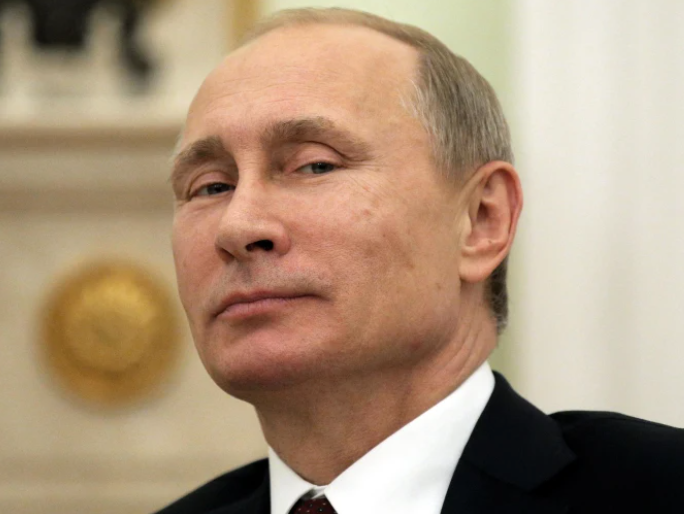$LMT $RTX $NOC
#UkraineWar #RussiaUkraine #DonaldTrump #USMilitary #DefenseStocks #MissileStrikes #LongRangeWeapons #Geopolitics #StockMarket #NorthKorea #GlobalSecurity #FinancialNews
The escalating conflict between Russia and Ukraine has taken a worrisome turn, as reports surface that the U.S. has recently approved long-range missile strikes inside Russian territory. This approval changes the dynamics of the ongoing war at a time when Ukraine appears to be struggling on various fronts. Russia is continuing its aggressive territorial incursions into eastern Ukraine, advancing at the fastest rate since mid-2021. On top of that, North Korea — strategically aligned with Russia — is bolstering the Russian war effort by reportedly deploying thousands of soldiers to the frontlines. These developments complicate the geopolitics of the war, as Ukraine faces increasing challenges on the battleground despite continued large-scale military aid from Western allies, most notably the United States.
The geopolitical implications of this latest U.S. decision could extend well beyond the war itself. Defense contractors such as Lockheed Martin ($LMT), Raytheon Technologies ($RTX), and Northrop Grumman ($NOC) are likely to see heightened demand for advanced missile systems and aerospace technology as long-range missile strikes inside Russia would require precision equipment. Defense stocks have already been performing strongly throughout this conflict, fueled by military spending and the need to replenish Ukraine’s military capacity. Moreover, the U.S. decision to escalate its support with long-range weapons could increase existing contracts or lead to new deals with NATO militaries looking to modernize their arsenals, providing firms like $LMT, $RTX, and $NOC with additional upside opportunities. Investors should watch how these stocks react to news of further escalation and assess whether defense spending continues to grow in importance among global governments.
In the political realm, the recent U.S. approval for long-range strike capabilities must also be viewed through the lens of domestic politics. The surprise 2024 U.S. election victory of Donald Trump — a vocal critic of extensive military aid to Ukraine — raises fresh questions about the future of U.S. foreign policy. Trump has suggested that Ukraine may need to make territorial concessions to broker peace, raising market concerns that a marked shift in U.S.-Ukraine relations could cool demand for U.S. defense exports. Such a pivot could affect the long-term trajectory for defense stocks, depending on how aggressively Trump pursues a withdrawal from public and financial backing for Ukraine. Investors and market analysts need to closely monitor how Trump manages this delicate balance between reducing aid to Ukraine for political gain and maintaining America’s strategic military alliances, as these changes could have significant market impacts in sectors ranging from defense to energy.
Furthermore, the military escalation in Eastern Europe brings concerns over global security risks, contributing to heightened market volatility. Commodity traders may look to hedge their positions as uncertainty looms over the region’s future stability. Increased military engagement within Russian borders could disrupt global energy markets, igniting sharp price swings for key resources like oil and natural gas. Tensions between Russia and NATO countries may further exacerbate an already fragile supply chain for energy commodities, leaving investors increasingly uneasy. As traders weigh geopolitical risks and potential supply-chain disruptions, this latest conflict development warrants close monitoring across the broader financial landscape. Speculative assets such as cryptocurrencies might also feel the effects, as Bitcoin and other digital currencies are seen by some investors as a safe haven during times of global uncertainty. However, given the mixed regulatory environment for crypto on a global scale, short-term impacts on crypto markets could vary.











Comments are closed.